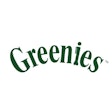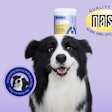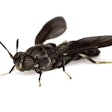While rotational feeding is not the newest trend in pet nutrition, this approach to feeding is growing in popularity among animal health professionals and pet parents alike. Most pets with year-round allergies, characterized by whole-body itching, are likely to be allergic to something in their diet. Rotational feeding can help identify the problem ingredients so you can avoid feeding them to your pet.
Pets may also develop an allergy or intolerance to common ingredients when they consume them over and over on a daily basis. Rotational feeding reduces the chances of this becoming an issue. Switching the main protein choice, or even the consistency, of a pet’s food will help provide them with a more complete and balanced diet. According to Rob Cadenhead, vice president of sales and marketing at Spring Naturals, there are several additional benefits a rotational diet regimen can provide:
- Reduced risk of food allergies and sensitivities
- Complete and balanced nutrient intake
- More interest and engagement at mealtime

















